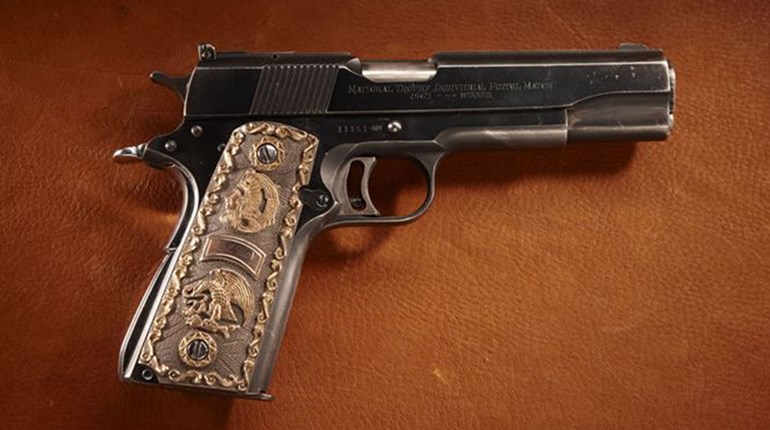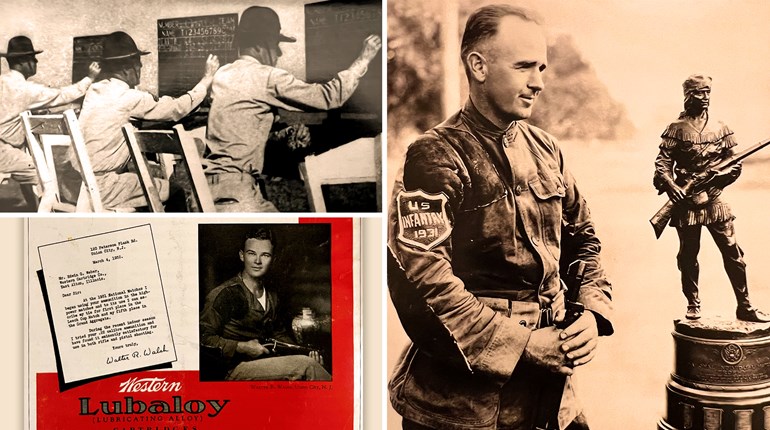
The takeaway from a months-long struggle to get out of jail and clear his name is simple, Brian Aitken says: “If this happens to you, you have an obligation—to yourself and the people that have come before you and the people that are going to come after you—to stand up for your rights,’” he told NJ.com recently.
Aitken, NRA members and Second Amendment advocates might remember, had been living with his parents in New Jersey temporarily because he wanted to be closer to his son during a divorce. While he was in the process of moving to an apartment one day, with some belongings packed in his car, his mother called the police and told them she was concerned about his well-being. They contacted Aitken and asked him to come to her home so his mother could rest easier.
He drove back to his mother’s house. At some point after he returned, the police conducted a routine search and discovered his unloaded, locked firearms—packed in preparation for the move—in the trunk. The police arrested him under New Jersey’s strict gun laws.

That was in early 2009. The legal process played out, and eventually Aitken was sentenced to seven years. He served a few months before then-Gov. Chris Christie commuted his sentence. Although he only spent a few months in prison, he still had to live with the “felon” label—until earlier this year, when Christie pardoned him.
Recently, around the same time that gun-rights advocates were protesting in state capitals across the nation, a New Jersey range had a celebration of Aitken’s freedom. It was there that Aitken summed up his feelings about standing up for your rights.
The event drew people who had voiced concerns about Aitken’s situation, and the timing of the celebration came just days before another law, this one banning magazines with a capacity of more than 10 rounds, went into effect.
Laws like that one have law-abiding gun owners riled, and the rationale is simple. The New Jersey justice system makes it “harder on law-abiding people who make wrong turns than they are on hardened criminals,” Greg Ziolkowski, 55, of Metuchen, told NJ.com.
The struggle for Aitken to clear his name has been real. “It took me several years to reconcile everything that happened. It became very difficult to relate to people. A lot of that innocence you have at that age was gone for me,” he said. But it will all be worth it if his children and others see him as a person who stood up for his rights rather than just taking what the state handed him.
“The message in the past has been, ‘Look at Brian and look how New Jersey made him a victim,’” Aitken said. "What I think the message really needs to be is, ‘Look at how Brian didn't take a plea deal. Look at how he didn't back down.’”


































